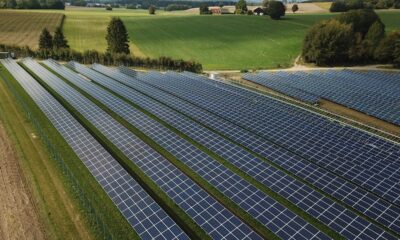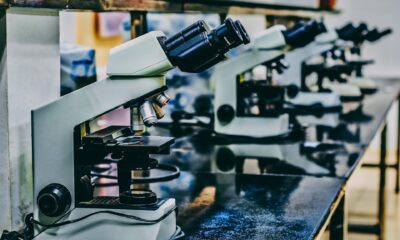Featured
Rich Countries Have Only Donated 13% of the Vaccines Pledged
As for Pfizer-BioNTech, AI claims that it has supplied Sweden (10 million inhabitants), nine times more vaccines than all low-income countries combined. Of Moderna, the NGO claims that it has yet to deliver any doses to low-income countries and only 12% to lower-middle-income countries. Moreover, the vast majority of its orders for COVAX will not be delivered until 2022.
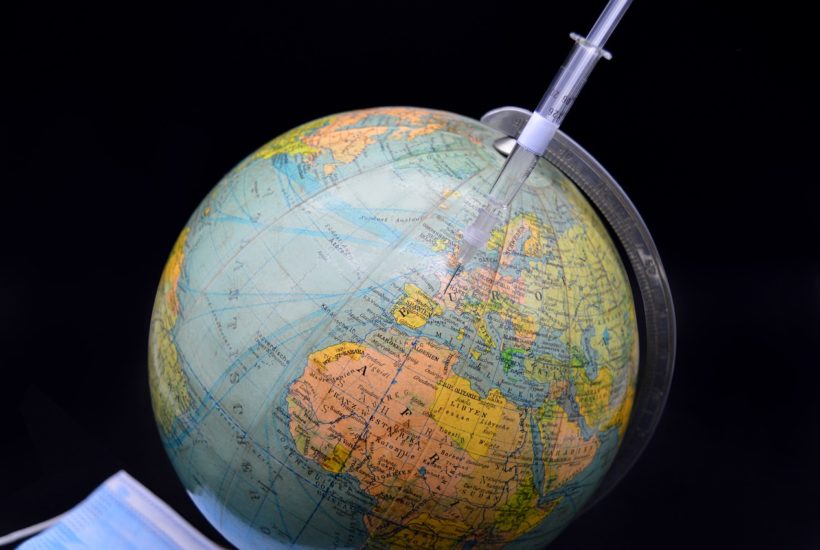
Prompted by US President Joe Biden, the debate on the global response to Covid comes to the UN General Assembly on Wednesday. In a landmark proposal in May, the US president supported the temporary suspension of Covid vaccine patents to ensure a more balanced response to the pandemic.
That suspension has not happened and, nine months after the start of vaccination, poor countries have received 0.5% of the vaccines while rich countries have cornered 80%, according to Oxfam America. That is one of the 75 organizations that are part of the People’s Vaccines Alliance, which denounces that the richest countries of the G7 have only donated one out of every eight vaccines they promised in June, so they still owe 87%. The clock is ticking while some 10,000 people continue to die every day from Covid, according to Our World in Data.
Fundación Salud por Derecho is part of this alliance and its director, Vanessa López, believes that “world leaders have an obligation to fulfill the promises they made in April 2020 on equity and justice in access to vaccines. Transferring knowledge and know-how (the recipe for vaccines) to manufacturers in lower-income countries is the best alternative to increase production, strengthen health systems and better prepare countries for future crises,” she says in a statement, adding that Spain cannot “look the other way” after the government of Pedro Sánchez also supported the suspension of patents.
People’s Vaccine calls for the patent suspension process to be accelerated. “President Biden should use his global prominence at the Vaccine Summit to call for accelerating a strong TRIPS (intellectual property issues) waiver at the World Trade Organization,” Asia Russell, executive director of the Global Health Access Project (Health GAP), said in the statement.
The alliance is taking three demands to Wednesday’s summit. An urgent intellectual property exemption agreement by November, that “legally binding commitments” be made to share vaccine doses, and that the most vulnerable and frontline workers in developing countries receive vaccines before healthy adults in rich countries get their third dose. In addition, they call for pharmaceutical companies to be required to share technology and expertise with financial guarantees that it can be produced.
Read more on the subject and find the latest economic news in the world with the Born2Invest mobile app.
Amnesty International, focus on pharmaceuticals
Taking advantage of this same summit, Amnesty International (AI) published a report in which it states that “the major pharmaceutical companies developing vaccines against COVID-19 are fueling an unprecedented human rights crisis”. The NGO directly accuses AstraZeneca, BioNTech, Johnson & Johnson, Moderna, Novavax, and Pfizer of refusing to participate in initiatives designed to boost the global vaccine supply while planning to earn $130 billion by the end of 2022.
The report “Double Dose of Inequality: Pharmaceutical Companies and the COVID-19 Vaccine Crisis” analyzes the companies’ performance in terms of pricing, leveraging intellectual property and technology, transparency, and equitable allocation of vaccines. although to varying degrees, AI charges that all “have failed to live up to their human rights responsibilities.”
As for Pfizer-BioNTech, AI claims that it has supplied Sweden (10 million inhabitants), nine times more vaccines than all low-income countries combined. Of Moderna, the NGO claims that it has yet to deliver any doses to low-income countries and only 12% to lower-middle-income countries. Moreover, the vast majority of its orders for COVAX will not be delivered until 2022.
Of Janssen, the report notes that despite selling its single-dose vaccine at a cost price, it will not meet most of its commitments to COVAX and the African Union until 2022. Moreover, it complains, it has refused to grant a license to a Canadian manufacturer offering to produce millions of more doses. Finally, with regard to AstraZeneca, the report also points out that it sells at cost price but criticizes the fact that it has not agreed to share its technologies with the WHO initiatives for global access to vaccines and has opposed the suppression of patents, as has Novavax, which has not yet been approved although it has committed to donating almost two-thirds of its production to Covax.
Thus, the NGO asks that with 100 days to go before the end of 2021, countries and pharmaceutical companies “radically change course and do everything necessary to start delivering 2 billion vaccines to low- and lower-middle-income countries now. No one should spend another year suffering and living in fear,” according to its secretary-general, Agnès Callamard.
Alongside this report, the organization is launching the campaign “100-day countdown: 2 billion vaccines against IVID-19 now!” calling for the WHO target of vaccinating 40% of the population in low- and lower-middle-income countries by the end of the year to be met. “We urge States to urgently redistribute the hundreds of millions of leftover doses that are not being used, and for vaccine developers to ensure that at least 50% of the doses produced go to these countries. If states and pharmaceutical companies continue on their current trajectory, there will be no end in sight for COVID-19,” says the NGO in a statement.
The organization assures that all pharmaceutical companies except Novavax have recognized that “fair and equitable distribution is essential, especially in low-income countries”, but denounces that none of them have responded to this aspiration or fulfilled their human rights responsibilities.
__
(Featured image by neelam279 via Pixabay)
DISCLAIMER: This article was written by a third party contributor and does not reflect the opinion of Born2Invest, its management, staff or its associates. Please review our disclaimer for more information.
This article may include forward-looking statements. These forward-looking statements generally are identified by the words “believe,” “project,” “estimate,” “become,” “plan,” “will,” and similar expressions. These forward-looking statements involve known and unknown risks as well as uncertainties, including those discussed in the following cautionary statements and elsewhere in this article and on this site. Although the Company may believe that its expectations are based on reasonable assumptions, the actual results that the Company may achieve may differ materially from any forward-looking statements, which reflect the opinions of the management of the Company only as of the date hereof. Additionally, please make sure to read these important disclosures.
First published in EL INDEPENDIENTE, a third-party contributor translated and adapted the article from the original. In case of discrepancy, the original will prevail.
Although we made reasonable efforts to provide accurate translations, some parts may be incorrect. Born2Invest assumes no responsibility for errors, omissions or ambiguities in the translations provided on this website. Any person or entity relying on translated content does so at their own risk. Born2Invest is not responsible for losses caused by such reliance on the accuracy or reliability of translated information. If you wish to report an error or inaccuracy in the translation, we encourage you to contact us.

-

 Biotech1 week ago
Biotech1 week agoVertex Strengthens its Position in Nephrology and Buys Alpine Immune Sciences for $4.9 Billion
-
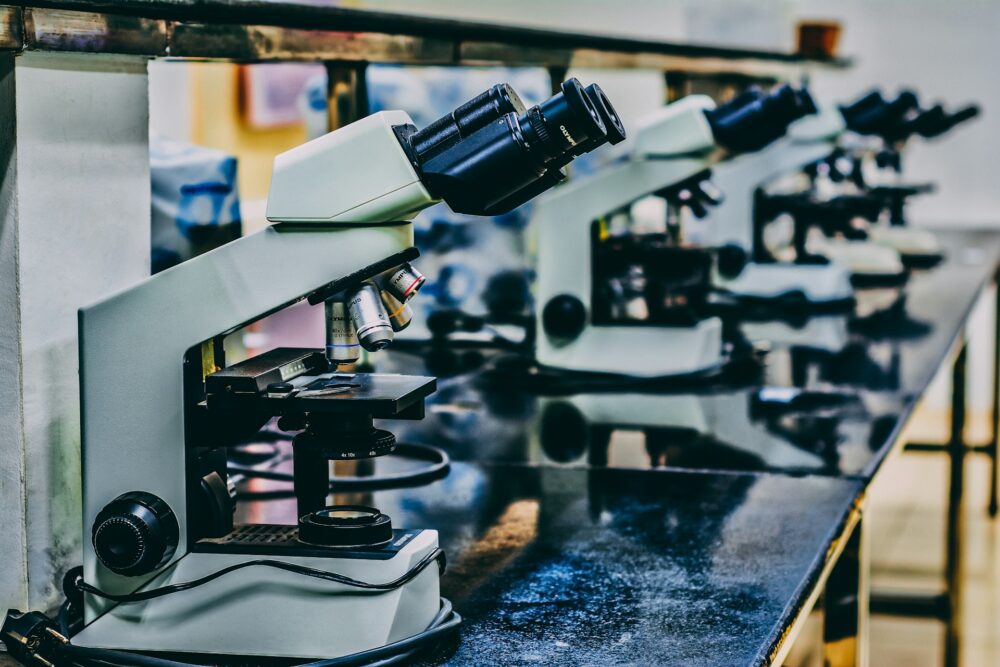
 Biotech9 hours ago
Biotech9 hours agoVithas and MSD Join Forces to Train and Innovate in Oncology Matters
-
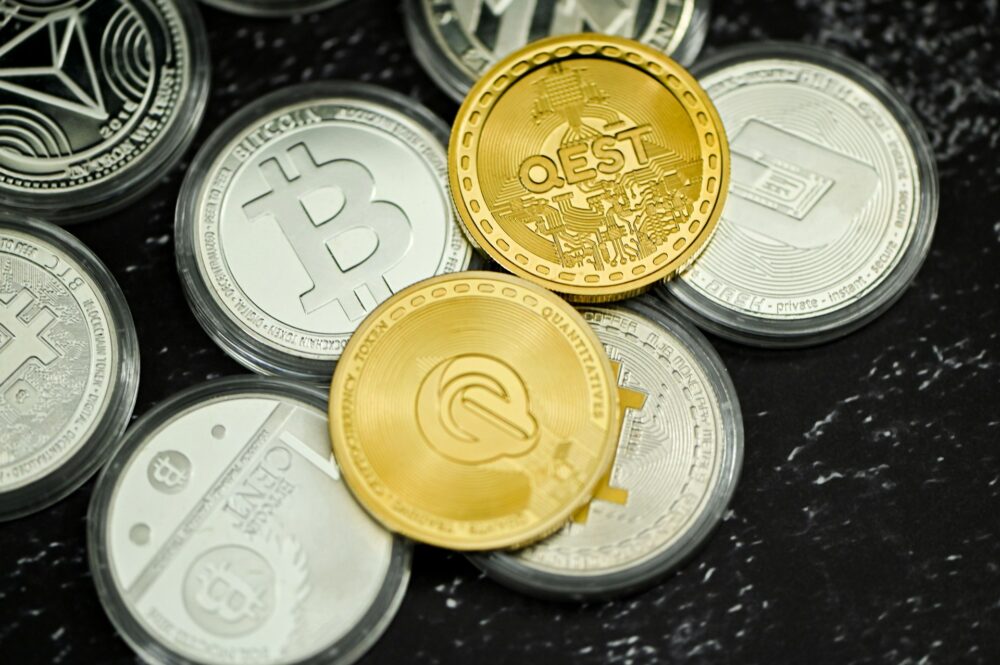
 Crypto2 weeks ago
Crypto2 weeks agoA Critical Look at the Progress of IOTA in the First Quarter of 2024
-

 Business4 days ago
Business4 days agoGold & Silver Continue Looking Strong






